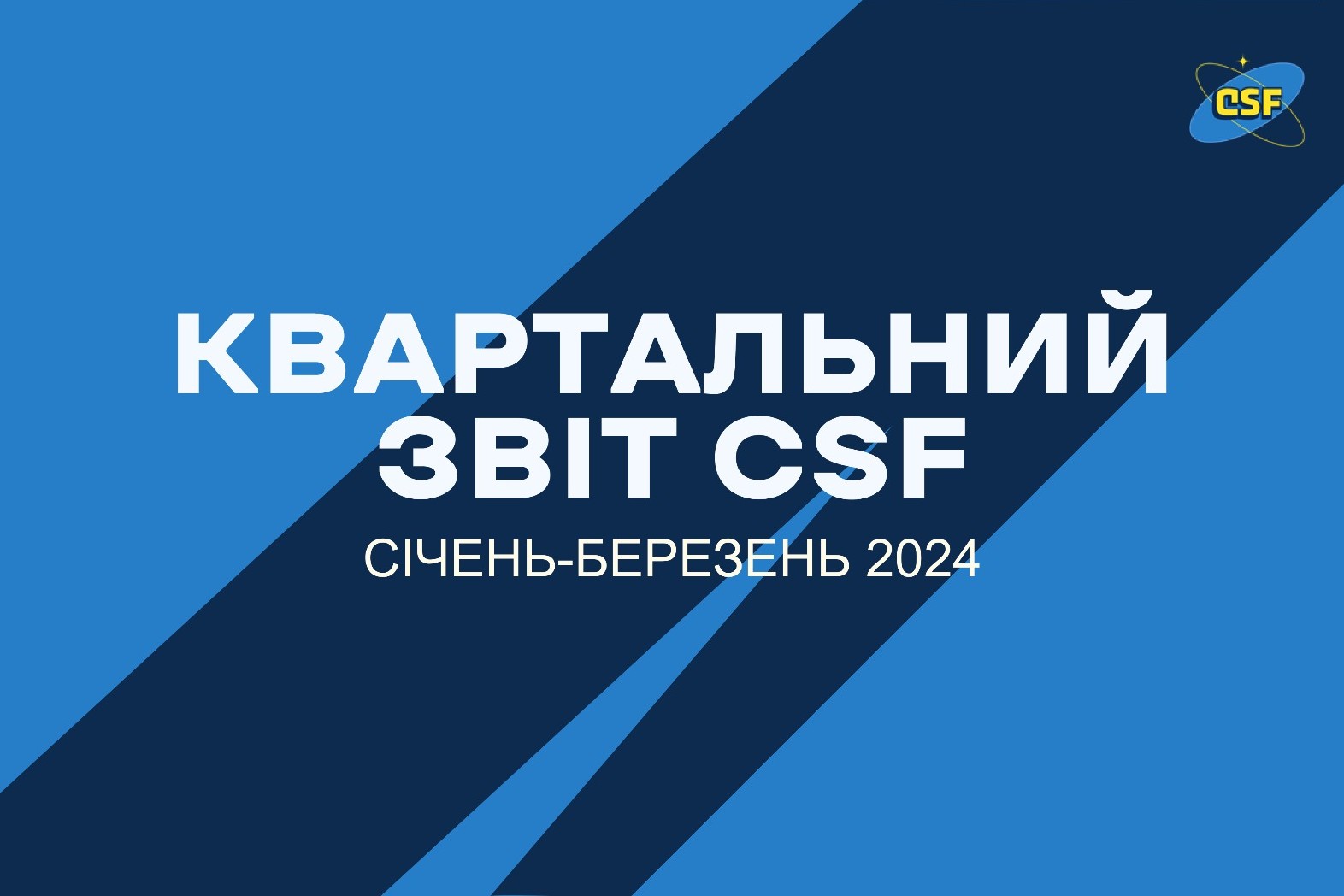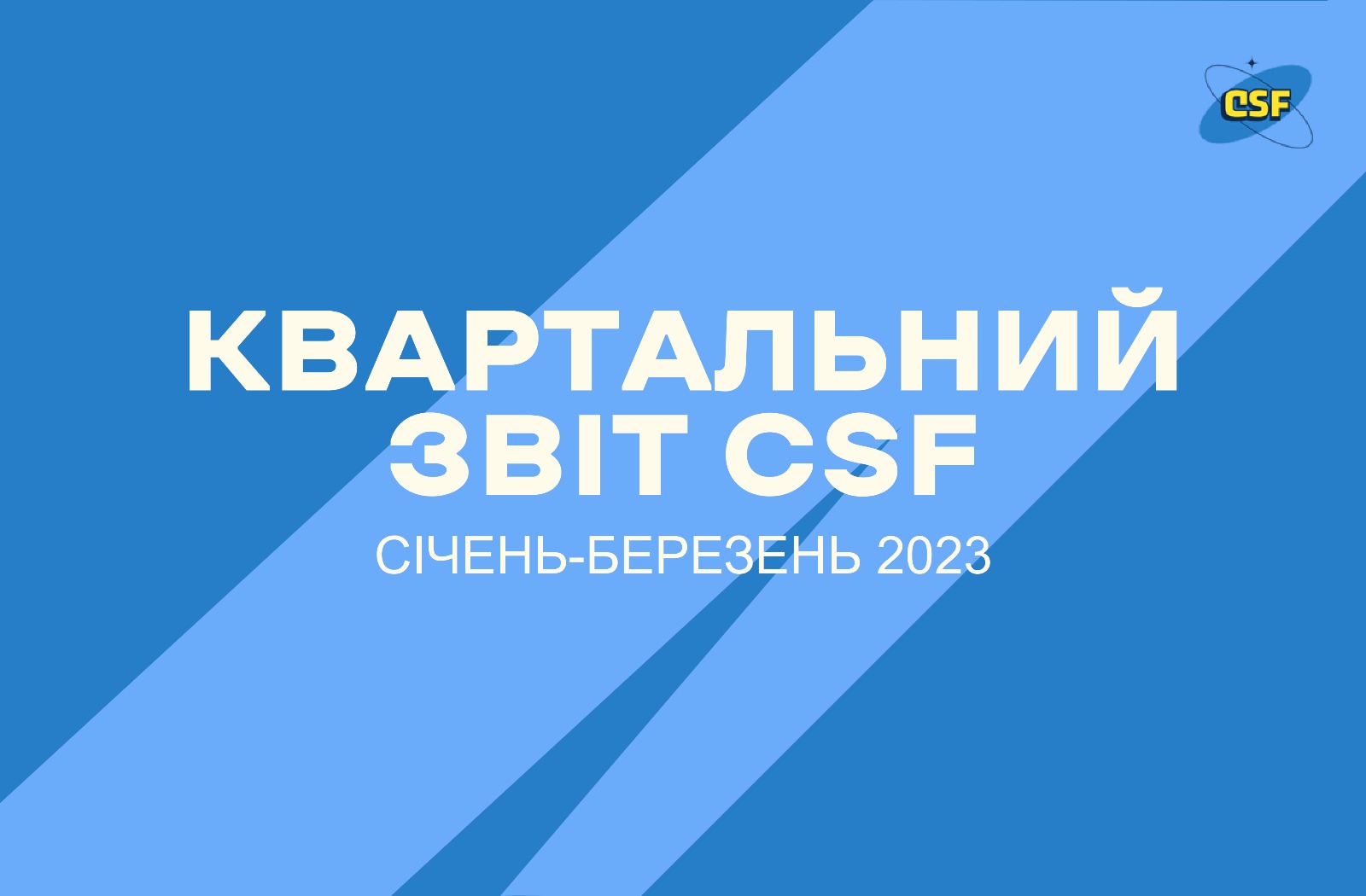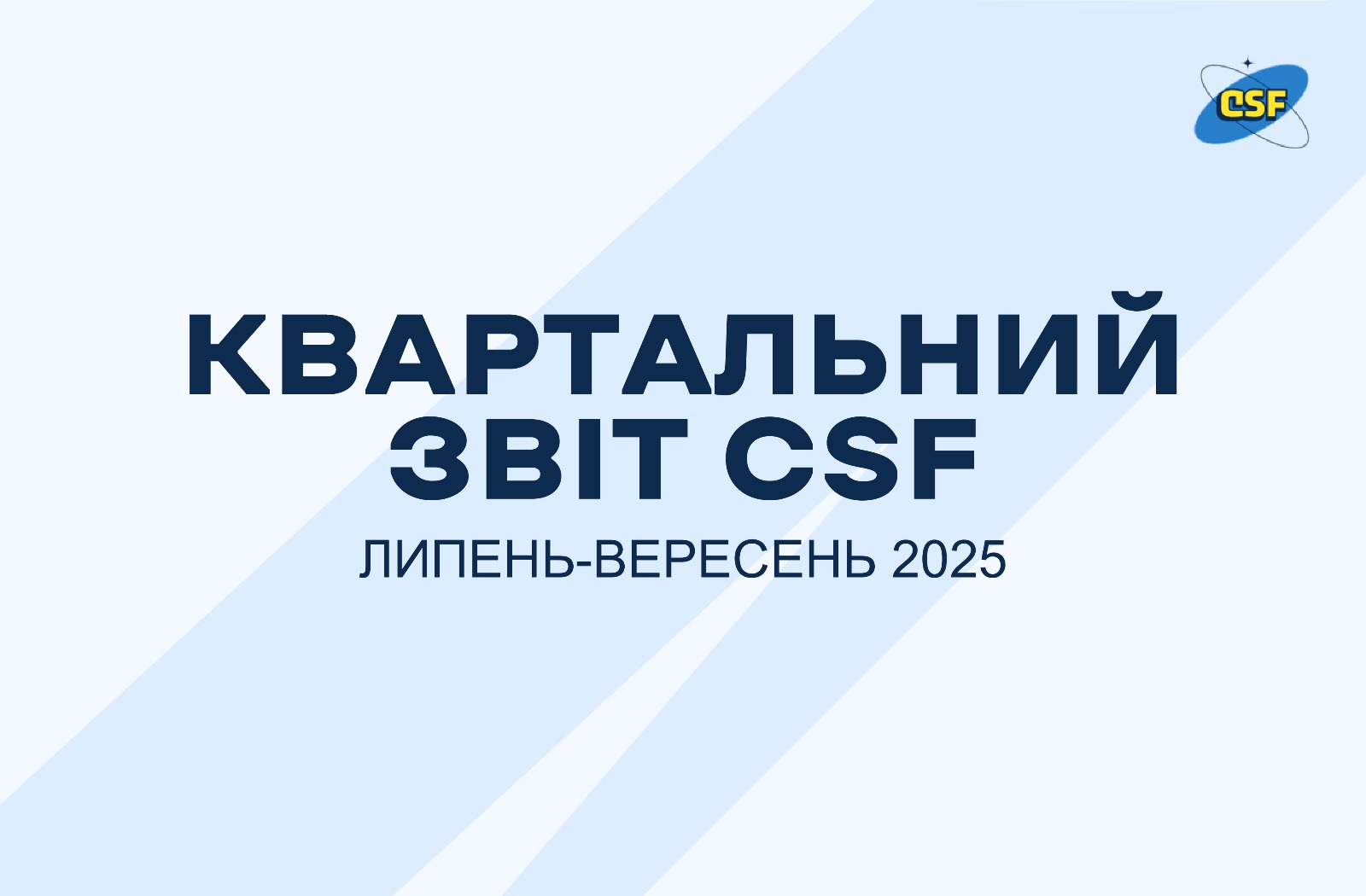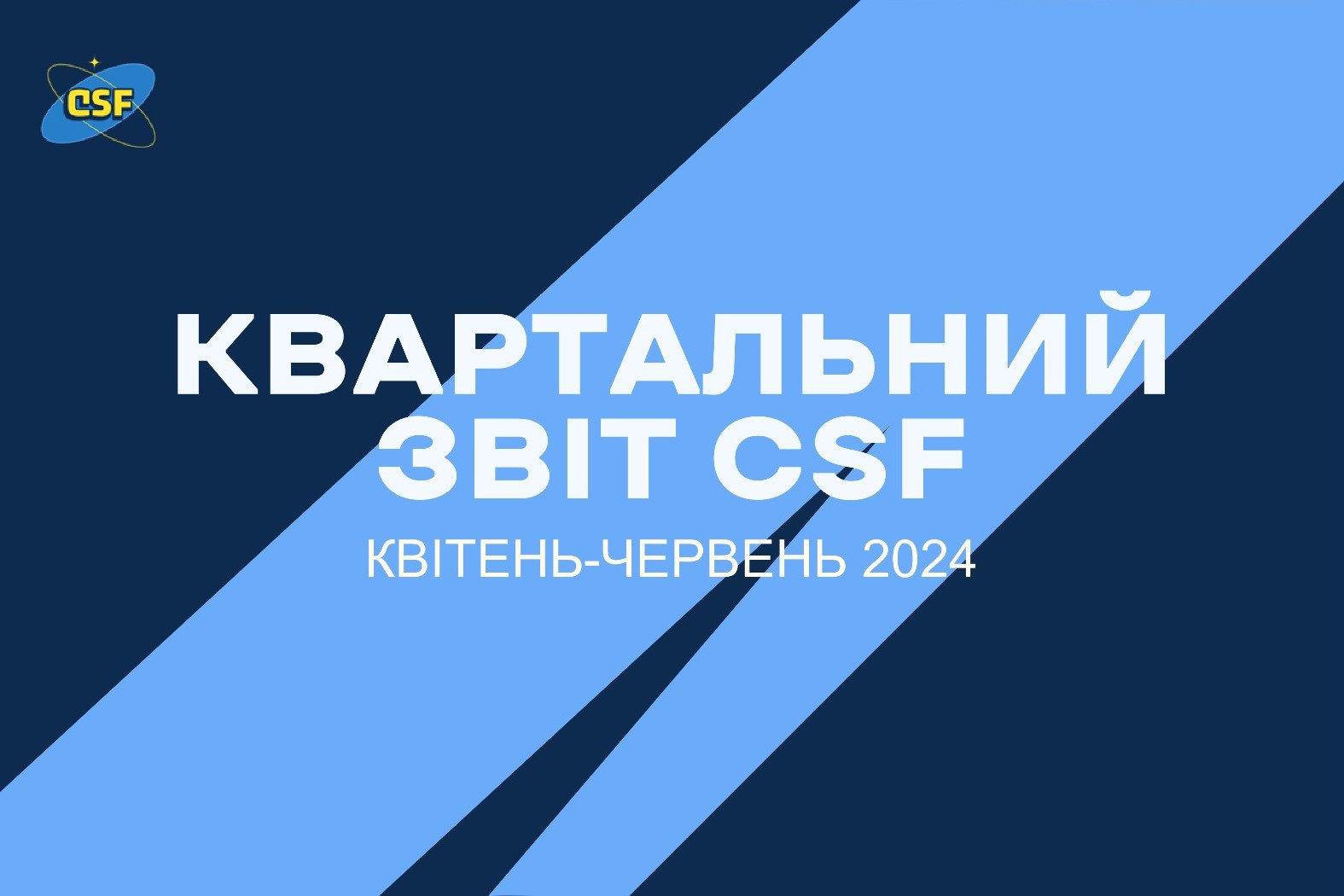 434
434
CSF's quarterly report (January – March 2024)

Team milestones
We made further attempts to reorganize the team, and launched new partnership projects.
Completed
The first quarter of 2024 can hardly be considered the most productive one in the history of the Clear Skies Foundation. We were still more focused on solving various internal issues than on the actual projects. Nevertheless, we had some successes.
Our biggest achievement was a partnership project with Vsesvit UA, which resulted in four videos about stellar evolution. It took 5 months to prepare and publish them, and we had to process a huge amount of information. At that time, it was the most complex project we had successfully completed. This type of content is quite exceptional for Ukrainian YouTube, because these videos focus on education rather than popular science. However, they were well received by the audience and totalled more than 360,000 views a year after their publication, with an average of just over 90,000 views per video.
The Wikipedian Unit has made significant progress, and has begun to grow significantly in quality and stability. Within the first three months after its total relaunch, its members had already authored 7 status articles and matched this achievement again in the first quarter of 2024. Ideas for systemic improvements to Wikipedia began to emerge, and some timid steps in this direction were even taken.
The Communications Unit was building the brand and expanding the audience. These months witnessed the most active growth of our social media, for example, our YouTube audience grew from less than 300 to almost 750 subscribers. Smaller but still significant progress was made on other social networks. We created a brand book, drew a mascot (our cat Felice), and started developing a new website.
The Scientific Unit developed an updated version of one of the programs we use in TESS-UA research, namely Splitter 3.5. It became significantly more stable and user-friendly compared to the previous version of Splitter 3.0, which was actively used by students in TESS-UA-2022 and 2023A.
Incomplete
Not all departments were productive, though. For example, the Scientific Unit failed to publish an article about the above-mentioned program in one of the European peer-reviewed scientific journals.
The performance of the Educational Unit was extremely low. Videos for the Variable stars lectures (VSL) course were being published at a rate of barely one per month, despite their low complexity and often mediocre quality. The main issue was the pipeline approach, with each video creation task assigned to a single participant with the appropriate skills. If not for the fact that each participant dropped out one by one, this would not have been a major problem. However, throughout 2024, this chain was fully operational for only 1-2 months; the rest of the time, it was disrupted by the absence of individual performers. It proved impossible to change the pipeline approach to a format where one person records the entire video. The inability to produce the VSL course within reasonable timeframes will cause many other serious problems in the months ahead.
Conclusions
- While the quarter started well in terms of the performance, driven by the active participation of the Scientific, Wikipedian, and Communications Units, we faced numerous internal problems in its midst.
- Despite a small increase in team size, the need for new staff remained acute: we did not have enough people to staff all departments, not to mention a backup in case of force majeure. Yet it is clear that, when the team's operations are quite intense and all projects are interconnected, it is a must-have. Having backup in place helps to prevent even the most basic problems, such as delays in completing a task due to illness, personal problems, etc., of its main performer.
- Any organization must invest in training for its members – a lesson we learned after facing bottlenecks where a dedicated person with unique knowledge and skills was unable to complete the tasks assigned to them due to their workload. The other project team members could not help them in any way due to their lack of such skills. Therefore, since April, we plan to start training for almost all team members on those skills that are rare for us and yet are key to our future projects.




